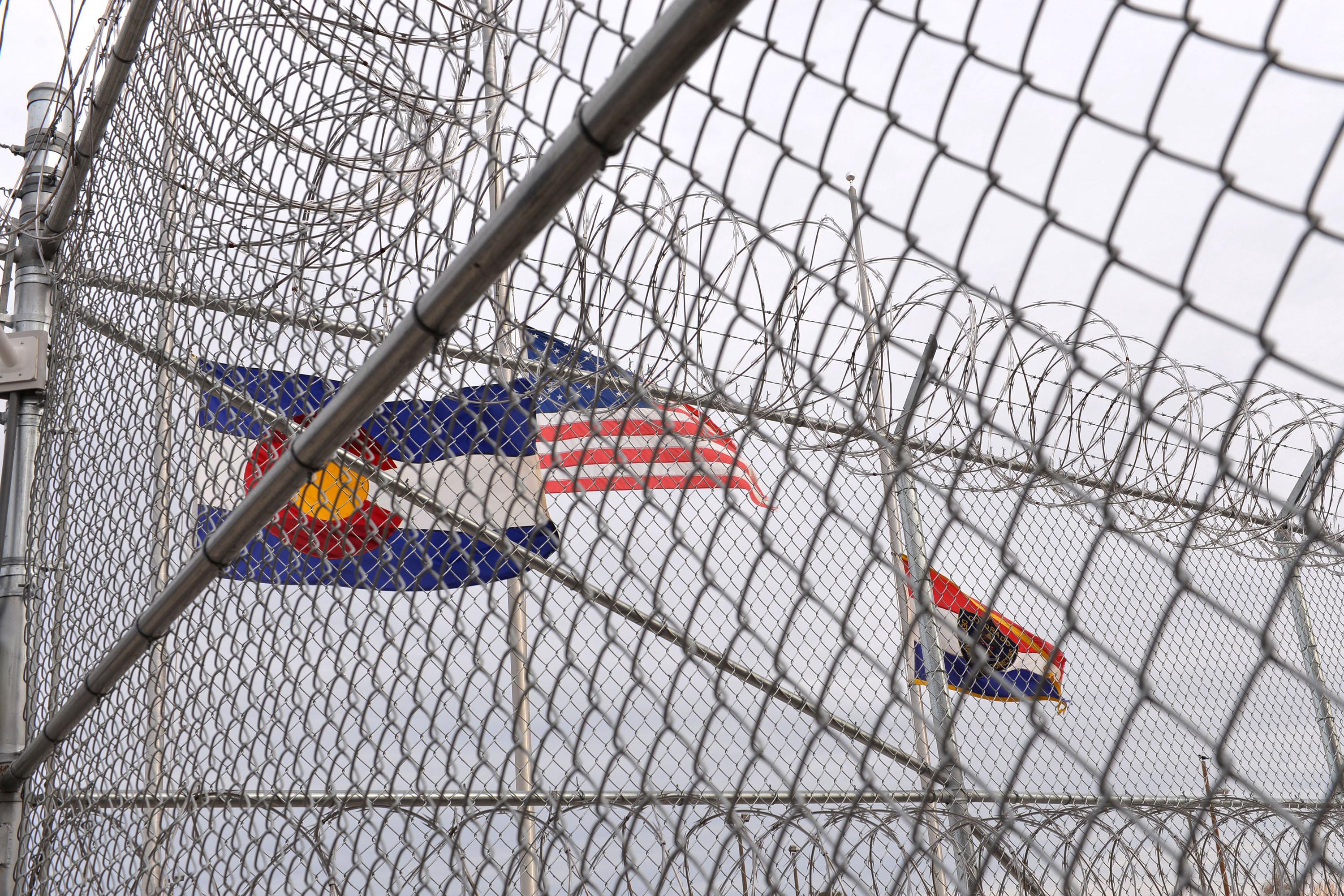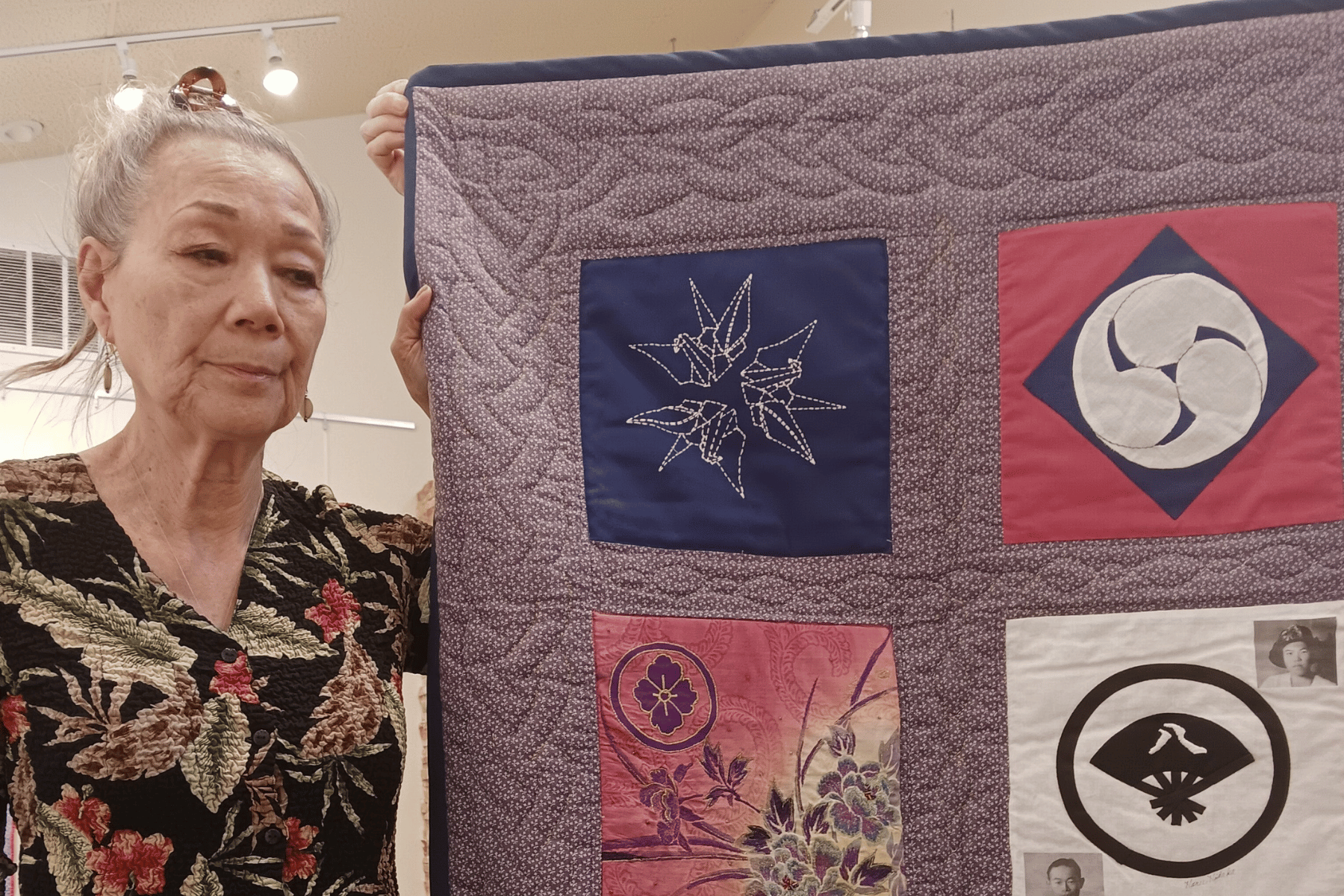
Harold Mortis is an asthmatic serving a 40-year prison sentence at the Fremont Correctional Facility in Canon City.
Mortis, 32, contracted COVID-19 during an outbreak in the prison in October 2020. A few weeks later, guards told Mortis they needed him to work eight-hour shifts in the prison’s kitchen because of staff shortages.
Mortis, who is in prison for second-degree murder and aggravated robbery, believes he first contracted COVID-19 in the kitchen. And because he was still suffering symptoms from the virus, he turned down the job. He asked if he could do something else that was lower risk and didn’t require him to be around as many people.
The answer was, essentially, no.
Officials warned him that he’d be removed from the incentive living program if he didn’t work in the kitchen. And because he challenged their decision, officials stripped him of two days of earned time, which means he’ll spend more time in prison than he otherwise would have, for declining to work.
“There is no choice. This is a work camp basically,” Mortis said, in a phone interview from prison. “You have to have a job here.”
Mortis and other incarcerated people inside Colorado prisons are accusing Gov. Jared Polis and his Department of Corrections for violating the state’s anti-slavery law by forcing them to work.
In a class-action lawsuit filed Tuesday against Polis and state corrections officials, Mortis, another inmate, Richard Lilgerose, and potentially thousands of others, lost “earned time,” which means their parole eligibility dates were pushed out, and were punitively placed in more restrictive housing units for opting out of prison work assignments.
Lawyers working on behalf of the inmates inside the state’s 20 prisons say the state Department of Corrections’ policies requiring work inside the facilities directly contradicts Amendment A. The law, passed in 2018 by Coloradans, prohibits slavery and involuntary servitude in all circumstances.
The lawyers argue that “failure to work” inside the prison is a class 2 violation -- which can result in the loss of up to 30 days of good time. Punishing people for deciding not to work by holding them in prison longer, they said, amounts to servitude.
A spokeswoman for the state Department of Corrections said, as a policy, the agency does not comment on pending litigation. The lawsuit was filed in Denver District Court.
Kamau Allen, lead organizer with the Abolish Slavery National Network, helped pass Amendment A in 2018.
“People, no matter where you are, no matter if you are free or incarcerated, you should never be forced to work at the threat of punishment,” he said. “It’s extremely concerning to know you could spend a longer amount of time in prison for simply deciding not to work -- especially when it comes to your own health.”
Allen said his uncle served time in prison in California for a crime he didn’t commit. When he was finally released, his body was broken down, he says, because of so much forced labor.
“It’s unimaginable how big of a catastrophe this is,” Allen said. “I just kept thinking to myself, what would have happened had he been allowed to choose when to work rather than being forced to work?”

David Maxted, one of the lawyers who filed the Colorado lawsuit, said he hopes the state will do the right thing and change its policies.
“Taking away earned time or good time is a very big deal,” he said. “Even if it’s just a couple of days, it’s a couple of days that person is not going to be able to see their family.”
This is not the first time a lawsuit has been filed on behalf of prisoners alleging state officials were violating the state’s anti-slavery constitutional amendment. Prisoners in 2020 alleged they were getting paid “slave wages” for working for 10 cents an hour. The suit was dismissed and they didn’t appeal.
Maxted said he is optimistic about this lawsuit because it isn’t arguing about wages, but, rather, the freedom to not work.
“We think we’ve significantly buttressed the factual presentation for why this is compulsory labor, contrary to the Colorado constitution,” he said. “And I think we have a better argument, legally, as to why we’re right.”
Richard Lilgerose, 45, is serving an 80-year sentence at the same prison for first-degree assault, threatening an officer and failure to leave a premises with a weapon. He should be eligible for parole around 2038.
Lilgerose suffers post traumatic stress disorder and anxiety from years of administrative segregation, or solitary confinement, because of previous convictions and sentences in prison. He also contracted COVID-19 in October 2020.
Shortly afterward, officials assigned him to work in the kitchen for 80 cents a day. He told his supervisors that his mental health conditions were deteriorating and asked to do something else to no avail.
He stopped going to the kitchen job in December 2020.
As a punishment for declining work, his lawyers said, Lilgerose lost four days of earned time, and was threatened to go to “restricted privileges” which means less freedom and less family contact.
“It’s really humiliating, it’s just wrong,” Lilgerose said, who noted he likes his “porter” job inside the prison, which is essentially a janitor. “It shows you that you have no control. You know you have been incarcerated and a lot of people are conscious of that. You know, we deserve a certain form of punishment, we messed up. But then you have another element, where you’re forced to work positions where you do not want to work … It’s horrible to be treated that way as a human being.”
The threats have continued all the way through this month, he said, according to the lawsuit.
In February 2022, Lilgerose watched a corrections officer enter his unit and awaken a fellow incarcerated person for his shift in the kitchen. The person objected, stating that he felt sick and could not work.
In response, the officer screamed at the prisoner, threatened him with a taser and told him to “either get to the kitchen or cuff up and go to the hole,” according to the lawsuit.









